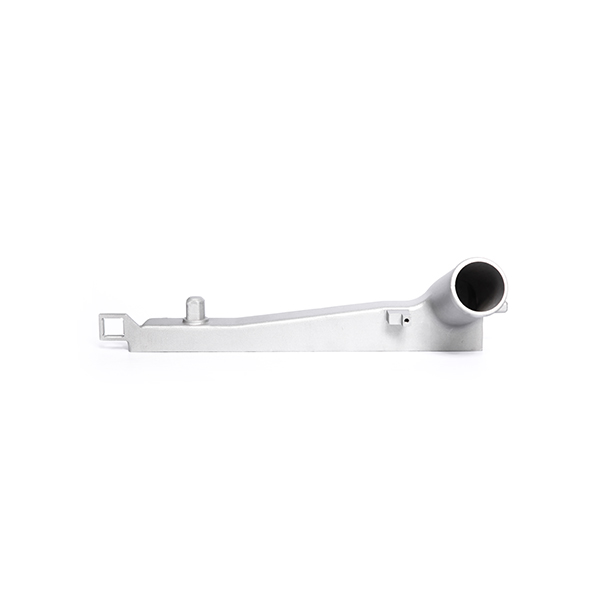Mobile:+86-311-808-126-83
Email:info@ydcastings.com
Jan . 09, 2025 11:53
Back to list
Water pump shell, worm case
When it comes to optimizing pump performance, the impeller is an unsung hero. Understanding its nuances is critical for machinery efficiency and longevity. An impeller is the revolving component of a centrifugal pump, fundamental for inducing velocity to the fluid. Its design plays a pivotal role in the overall functionality of the pump.
From an expert perspective, it’s clear that advancements in impeller technology are continually driving efficiency improvements in modern pumps. Computational fluid dynamics (CFD) now allows engineers to simulate the flow of fluids within a pump and optimize impeller designs with unprecedented accuracy. This leads to enhanced pump efficiency which translates to energy conservation and reduced operational costs. Trust in impeller innovations is also built from field-based experiences and case studies. For instance, industries that have transitioned to impellers with advanced coatings report significant reductions in maintenance costs due to reduced friction and wear. Such user testimonials can be invaluable for business decision-makers looking to invest in efficient pump technologies. Ultimately, whether one is sourcing impellers for new installations or replacements, partnering with a knowledgeable supplier is critical. A reputable supplier doesn't just sell components but provides insights into the best material and design choices, ensuring that the pump not only meets but exceeds operational expectations. For industries relying on pumps for vital processes, investing in high-quality impellers means ensuring operational continuity. Trustworthiness and authority in this sector come from continually delivering reliable, expert-backed solutions that enhance the performance of industrial systems. Therefore, understanding the intricacies of the impeller is not only about the part itself but maximizing the efficacy of the entire pump system.


From an expert perspective, it’s clear that advancements in impeller technology are continually driving efficiency improvements in modern pumps. Computational fluid dynamics (CFD) now allows engineers to simulate the flow of fluids within a pump and optimize impeller designs with unprecedented accuracy. This leads to enhanced pump efficiency which translates to energy conservation and reduced operational costs. Trust in impeller innovations is also built from field-based experiences and case studies. For instance, industries that have transitioned to impellers with advanced coatings report significant reductions in maintenance costs due to reduced friction and wear. Such user testimonials can be invaluable for business decision-makers looking to invest in efficient pump technologies. Ultimately, whether one is sourcing impellers for new installations or replacements, partnering with a knowledgeable supplier is critical. A reputable supplier doesn't just sell components but provides insights into the best material and design choices, ensuring that the pump not only meets but exceeds operational expectations. For industries relying on pumps for vital processes, investing in high-quality impellers means ensuring operational continuity. Trustworthiness and authority in this sector come from continually delivering reliable, expert-backed solutions that enhance the performance of industrial systems. Therefore, understanding the intricacies of the impeller is not only about the part itself but maximizing the efficacy of the entire pump system.
Next:
Latest news
-
Why Should You Invest in Superior Pump Castings for Your Equipment?NewsJun.09,2025
-
Unlock Performance Potential with Stainless Impellers and Aluminum End CapsNewsJun.09,2025
-
Revolutionize Your Machinery with Superior Cast Iron and Aluminum ComponentsNewsJun.09,2025
-
Revolutionize Fluid Dynamics with Premium Pump ComponentsNewsJun.09,2025
-
Optimizing Industrial Systems with Essential Valve ComponentsNewsJun.09,2025
-
Elevate Grid Efficiency with High-Precision Power CastingsNewsJun.09,2025
Related PRODUCTS











